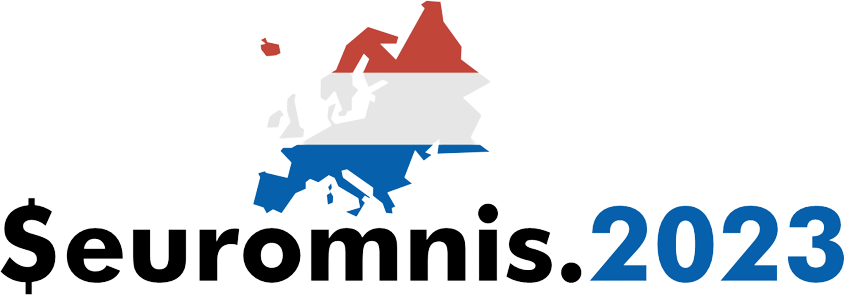4 days / 20 talks
Awesome and great speakers

Jean Marc Azerad
As a self-taught early adopter of personal computers (first Apple II in 1977), around 1984, he was teaching computers to adults as a student job to finance his Ph.D. His audience was essentially composed of business managers or accountants that knew they had to make the step to computers but were constantly confronted with weird young salespeople speaking an obscure language.
In 1985, he discovered Macintosh, realized it was THE tool those guys needed and that, with some good application building tools, he could make dedicated, easy to use, software for them.
He began with Omnis 3 in 1986 and keeps on writing software with an emphasis on making the Man/Computer relationship as simple as possible, taking advantage of his backgrounds in sensorial neuro-physiology and psychology.
The conversion, which wasn’t for the weak of heart, ended up being more of a rewrite, as all the code was made more object-oriented and was re-coded to use SQL instead of Omnis Data Files. Throughout the conversion he learned how to eke out every ounce of performance from Omnis Studio using Omnis tricks and C++ externals.
In addition to Omnis he also has a great deal of experience with PostgreSQL, PL/PGSQL stored procedures and triggers, Objective-C, and C++ externals and has used it to great advantage to make Theatre Manager faster and more capable. He’s always on the lookout for cool new things to integrate into Omnis so that he can make faster and more useful software.
About Debbuging
Brian W. Kernighan (stolen from Mark Philips)
Studio uses an interpreted langage, not a compiled one. It makes it a fantastic langage when it comes to debugging. Set a breakpoint, have a look at the content of a variable and click on “Go” to execute the code, this is magical!
But do you know there is more?
Do you know how to use trace logs? Breakpoints on variable changes? Have you had a look at the method checker?
If the answer is yes, you don’t need this session but otherwise, you may get some productivity improvements by coming.
Studio’s IDE power unleashed
This session is not only about tips and tricks on the Omnis Studio IDE but also a place to collect wishes on your expectations for future versions.
We’ll talk about tools included in the IDE, with, sometimes, unknown useful features: the catalog, the notation inspector, the interface manager…

